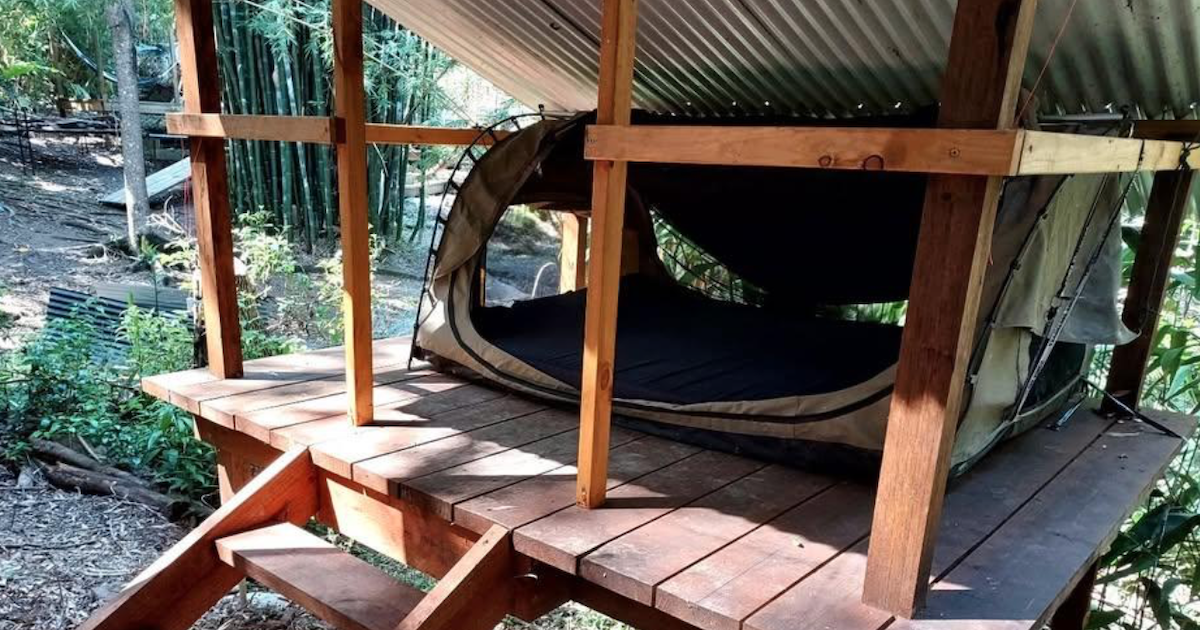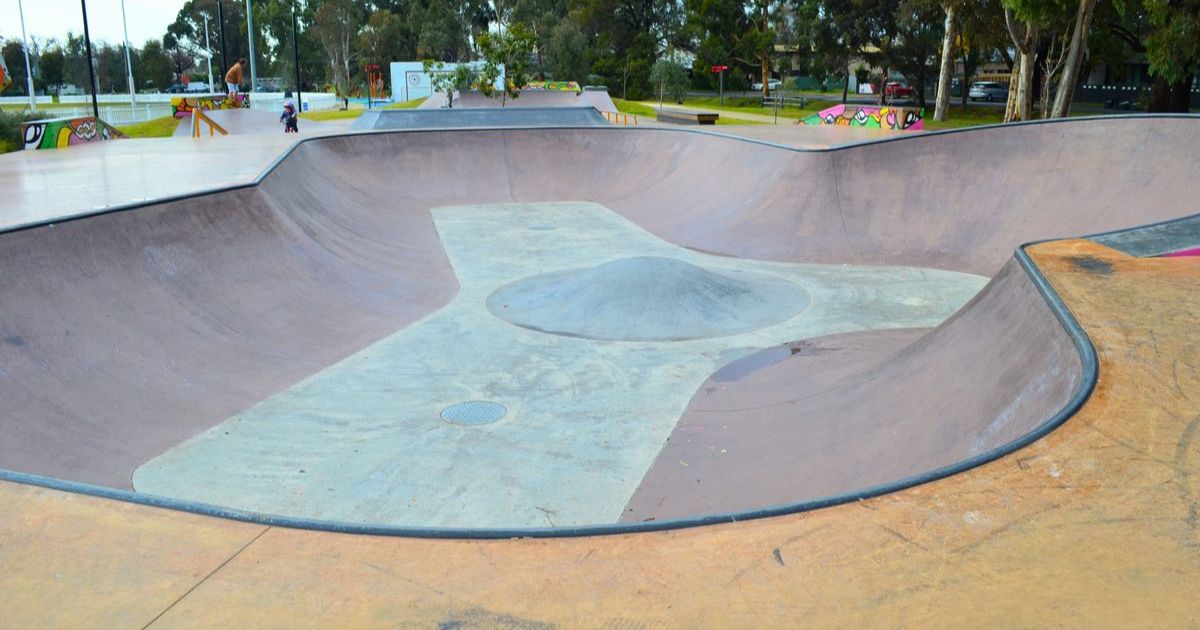Reinforcing the significance of Eureka

Charles A Doudiet, Swearing allegiance to the ‘Southern Cross’, 1854, watercolour & ink on paper. Purchased with the assistance of many donors, 1996. Collection: Art Gallery of Ballarat.
ON this day, Thursday 29 November, in 1854, over 10,000 people attended a monster meeting at Bakery Hill and swore the Eureka Oath – “We swear by the Southern Cross to stand truly by each other and fight to defend our rights and liberties.” The following day they held another monster meeting and then marched to establish the Eureka Stockade.
On Monday, 3 December 2018, we should commemorate the 164th anniversary of the Battle at the Eureka Stockade, a battle that changed a fledgling state and nation. But will we? As I have said before, Eureka is fundamentally what sets Ballarat apart from any other city in Australia. It is how we should stake our claim. Yet locally we don’t seem to understand its significance or care. Where is the respect that Eureka deserves?
Eureka, like the European revolutions of the late 1840s, had the common theme of fighting for freedom and democracy.
Like Enniscorthy in Ireland, Culloden in Scotland, the Boston Tea Party in America and the storming of the Bastille in France.
To me, some of the most precious qualities Australia has are its freedom, its democracy and its spirit of endeavour.
Our country’s democracy was born at Eureka and so was the notion of, “Fairness and a fair go for all. This, to my mind, is what it means to be an Australian – it’s our story.
I am particularly pleased that the Eureka Centre is now returning to its origins of being an interpretive centre that is focused on the only civil insurrection on Australian soil. I congratulate the majority of councillors who were instrumental in implementing this change of direction for telling our Eureka story. As Peter FitzSimons says in his book Eureka – The Unfinished Revolution, “Eureka is Australia’s founding story.”
All of us in Ballarat must now be part of the rebirth of this centre and support, promote, embrace and show respecting for the men, women and children of Eureka.
So why does Eureka matter? I’ll let some eminent persons explain.
As the late historian and author Emeritus Professor John Molony said – Eureka was, “Bloodied drama of the human spirit… their deaths and the symbol under which they died, the Southern Cross, now belong to the consciousness of our nation.”
At Eureka, Australia became one of the key ‘lights on the hill’ for democratic movements around the world, most particularly when it came to secret ballots, which became known as the ‘Australian ballot.’ Australia would remain at the forefront of those reforms for decades to come, and still does today. The people, being the only source of all political power, meant that Eureka became the wellspring of the birth of the Australian spirit – our spirit of fairness and a fair go for all.
Eureka was a melting pot of cultures.
Over 20 nations were represented on the goldfields right here in Ballarat. We must commemorate those that lost their lives at the Eureka Stockade, but we must also celebrate the men, women and children of Eureka – ‘Yesterday gave us our today, with a bright golden future ahead.’
Eureka isn’t just a story – it was a seminal moment in our history, whose enduring legacy is evident in our democratic systems and institutions. The facts of Eureka are beyond dispute. It was an event of national significance and international importance and it was the watershed of Australian democracy.
Eureka is a calling to ensure we stay true to its democratic principles and build on its multicultural heritage. The event may have occurred more than 160 years ago, but the aspirations of justice, democracy and the right to dissent still have currency today.
In their book, Imagining Australia, Australians Peter Tynan (Harvard Master in Public Policy and MBA), David Madden (Harvard Master in Public Policy), Macgregor Duncan (Harvard Master in Law) and Andrew Leigh (Harvard PhD in Public Policy) and Federal Member for Fenner in the ACT propose that the Eureka uprising should be made the centrepiece of the new Australian national story because it was the birthplace of Australian democracy, it was the earliest exemplar of Australian multiculturalism and it was where the first stirrings of Australian republicanism manifested.
They state that, “Yet never before has the story of Eureka and its place within Australian history been so marginal and unimportant for most Australians. The explanation is surely that the Eureka legend has been, in recent decades, appropriated by hard-left unions (including the notorious Builders Laborers Federation in the 1980s) and by certain right-wing nationalist groups (such as National Action in the 1990s).
“Eureka should be re-elevated to its previous position as a central legend of Australian nationalism, standing for those distinctly Australian values: egalitarianism, mateship and fairness, together with democracy, freedom, republicanism and multiculturalism.
“The basic historical contours of the Eureka uprising are familiar to most of us. At the height of the gold rush, the Victorian colonial government doubled the cost of a miner’s licence to mine for gold and the goldfields administration began to carry out more frequent licence checks. These changes raised the ire of the diggers – especially since the miners had no democratic rights in the administration of the goldfields – and led to the establishment of the Ballarat Reform League which represented more than 10,000 miners and their families. Soon the miners burned their licences, unfurled the famous Eureka flag and vowed to defend themselves and their families against harassment from the authorities.
On December 3, 1854, the 40th Military Regiment launched a dawn attack on the ramshackle Eureka Stockade and crushed the army of miners in minutes, resulting in the deaths of 22 diggers and six troopers.”
Tynan et al. went on to state that, “What is interesting about these events is that the Eureka uprising was a revolt of independent free enterprise (the diggers were, in effect, self-employed businesspeople) against burdensome taxation not a collective of militant trade unionists protesting against the exploitation of labour. In fact, the Eureka uprising is remarkably similar to that seminal event in the move towards US independence, the Boston Tea Party, which saw the aggrieved American colonists protest against taxation without representation by hurling British tea into Boston Harbor.
“Australia Day, which commemorates the arrival of Captain Arthur Phillip and the First Fleet to Sydney Cove on 26 January 1788, has little emotional resonance for most Australians. This is why so many believe that we need a new Australia Day. One possibility would be to elevate Anzac Day, but we are reluctant to diminish the importance of Anzac by loading it up with the celebration of Australian nationhood. Instead, we propose that Australia should celebrate, as its national day, the anniversary of the Eureka uprising on December 3, the birth date of Australian democracy.”
I will leave the last words to the Hon Dr Andrew Leigh MP, “The oath sworn to the Southern Stars should ignite our imagination. Indeed, the events around the Eureka Stockade, and the reaction to it, now and then, bespeak of a curiously Australian style of political revolt. It knits together instantly recognisable themes of the Australian national character in a way like no other event in our history”.
Visit the Eureka story at the Eureka Centre, and read the quintessential books on Eureka by John Molony, Peter FitzSimons and the Harvard graduates from Australia.
It’s time for us all to engage and celebrate our Eureka, our precious Australian democracy, and our great city of Ballarat.


















